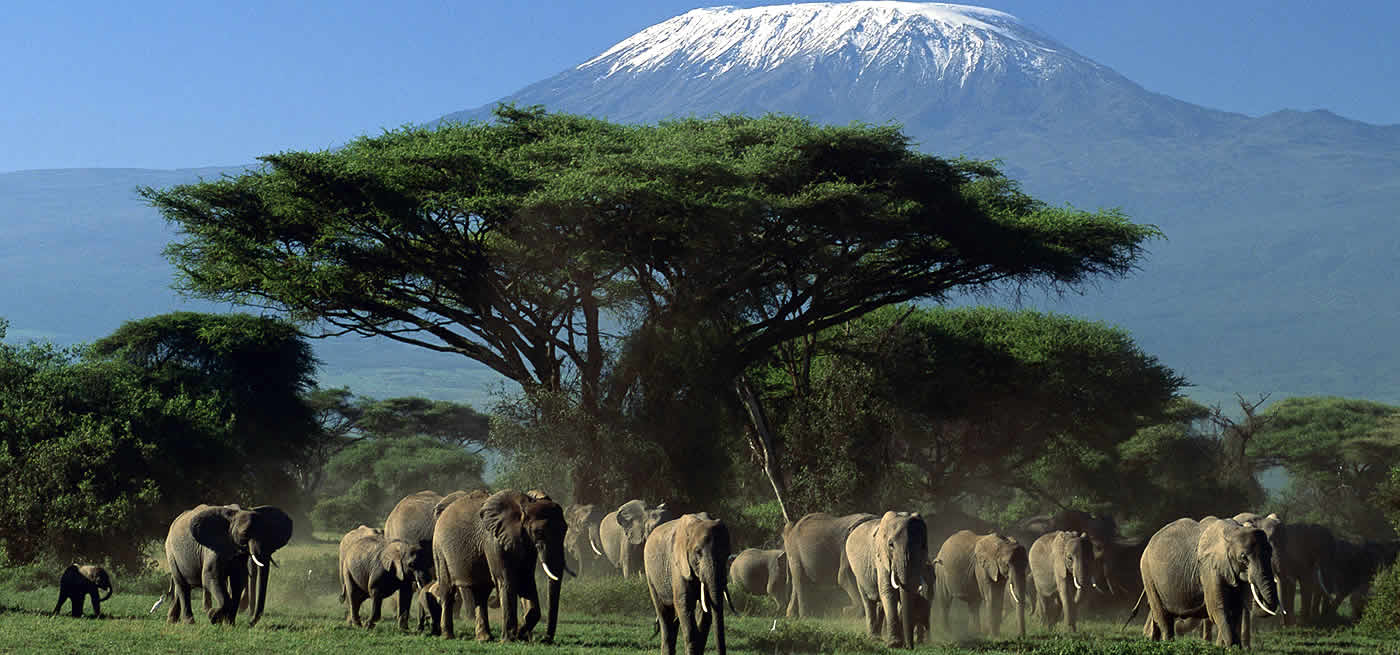
Kajiado County: The Land of Wide-Open Skies and Maasai Heritage
Located in southern Kenya, Kajiado County is a stunning blend of untamed savannah, cultural richness, and natural wonders. It borders Nairobi to the north and Tanzania to the south, offering a seamless transition from city life to wild landscapes. For tourists, Kajiado is an unforgettable destination where Maasai traditions meet breathtaking scenery.
Kajiado is part of Kenya’s Great Rift Valley region, characterized by:
The county covers both wild conservation areas and pastoral lands, giving it a raw and authentic African appeal.
Top Attractions in Kajiado
1. Lake Magadi
2. Maasai Cultural Experiences
3. Olgulului-Ololarashi Group Ranch
4. Ngong Hills
5. Amboseli National Park (near Kajiado border)
| Country | Kenya |
| Languages Spoken | English, Swahili |
| Currency Used | KSHs, USD |
| Area | 21,292.7 km2 |
| Time Zone | GMT+3 |
| Visa Requirements |
As of January 1, 2024, Kenya has eliminated traditional visa requirements for all travelers, including those visiting Kwale County. Instead, visitors must obtain an Electronic Travel Authorization (eTA) before arrival. eTA Requirements for Visiting KajiadoCounty To obtain an eTA for travel to Kajiado County, follow these steps:
|
| Activities |
|
| Best Time to Visit |
June to October This is the dry season, and it's ideal for:
June–August: Cooler and dry, excellent for photography and safaris. November to February This period includes the short rainy season and is best for:
Note: Roads can get muddy in some rural areas during heavy rain—4WD vehicles are recommended. March to May (Least Ideal)
|
| Health and Safety |
Health Tips 1. Vaccinations Before traveling to Kajiado, ensure you’re up to date with routine and recommended vaccinations:
2. Malaria Prevention
3. Food & Water Safety
4. Travel Insurance Make sure your insurance includes:
5. Nearest Medical Facilities
Safety Tips 1. General Safety
2. Road & Transport Safety
3. Cultural Respect
4. Wildlife & Outdoor Safety
Emergency Contacts
|